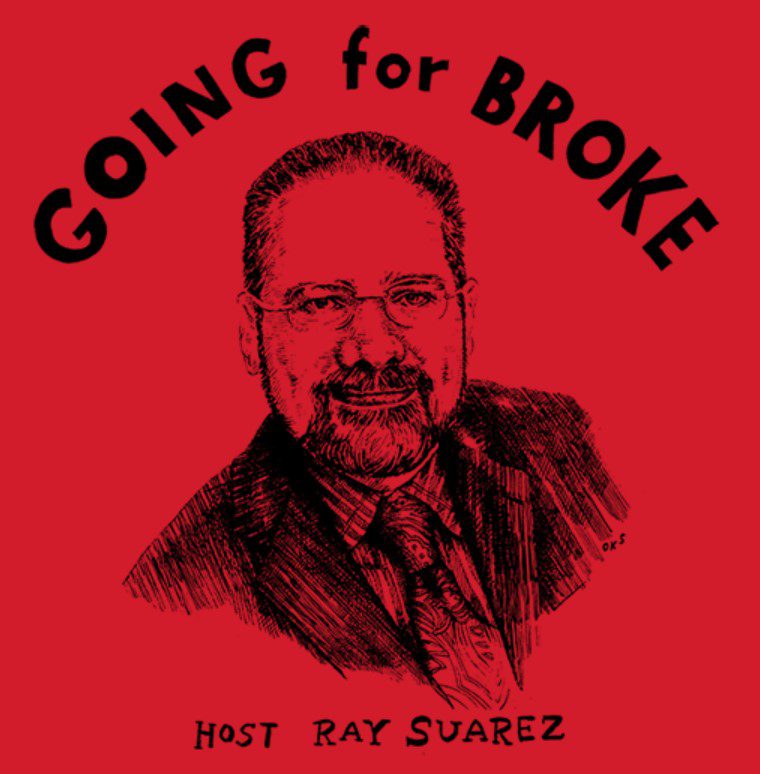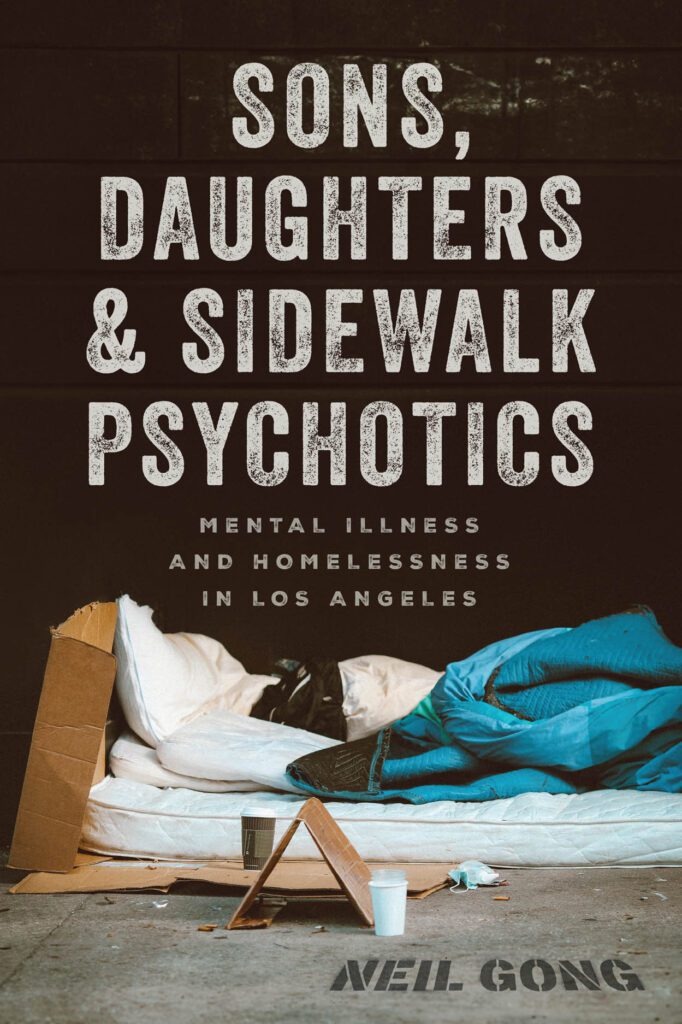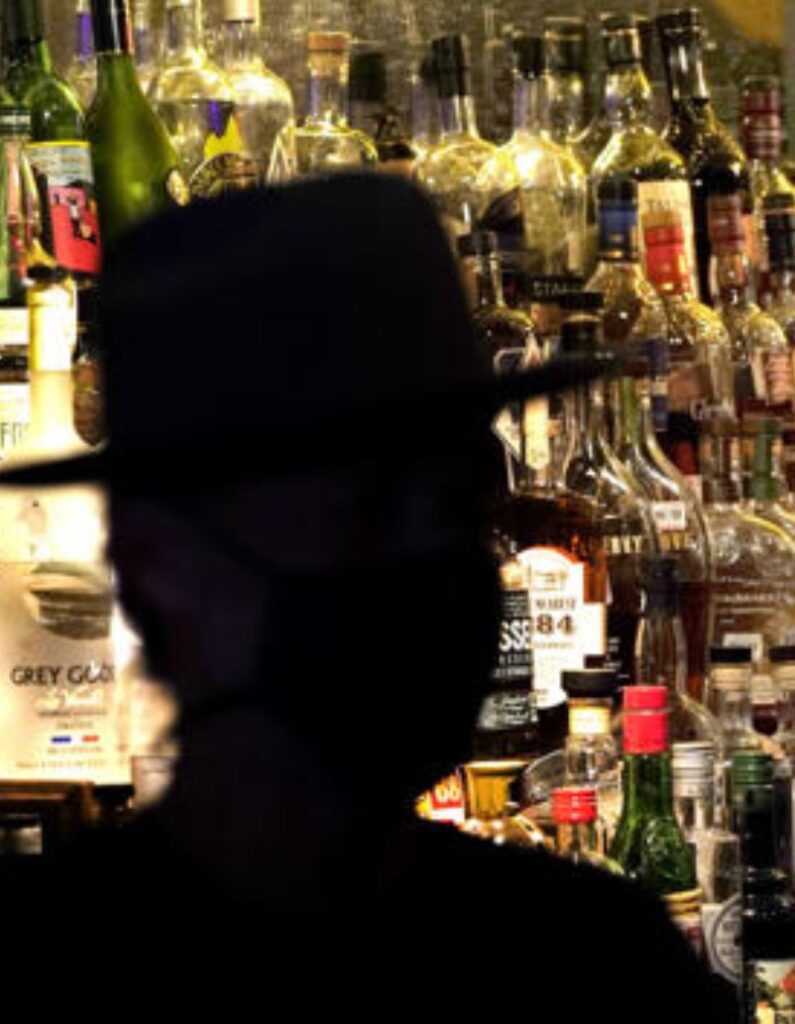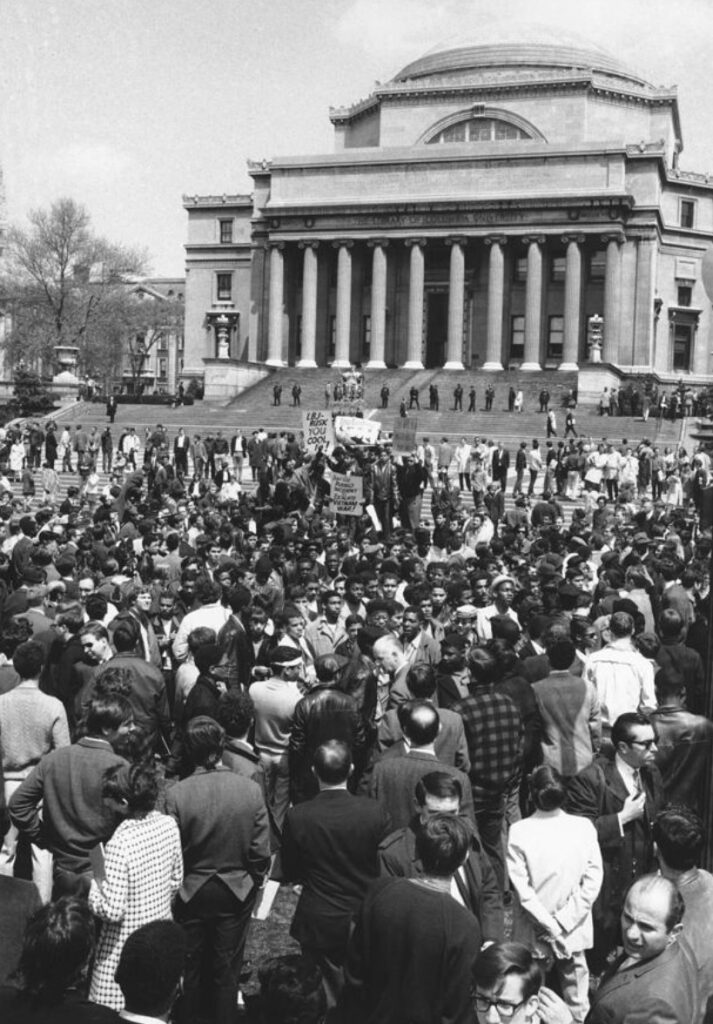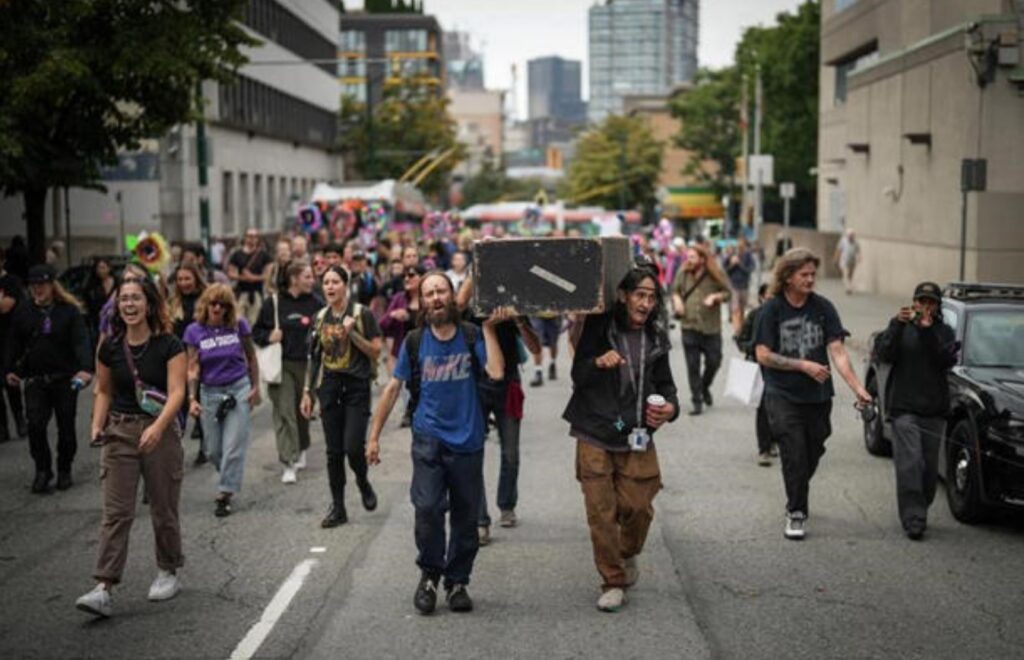
VANCOUVER — Advocates for drug users are raising concerns about British Columbia’s request for Health Canada to empower police to step in when they see illicit drug use in public spaces, saying it may be a step backward in the fight against the deadly opioid crisis.

